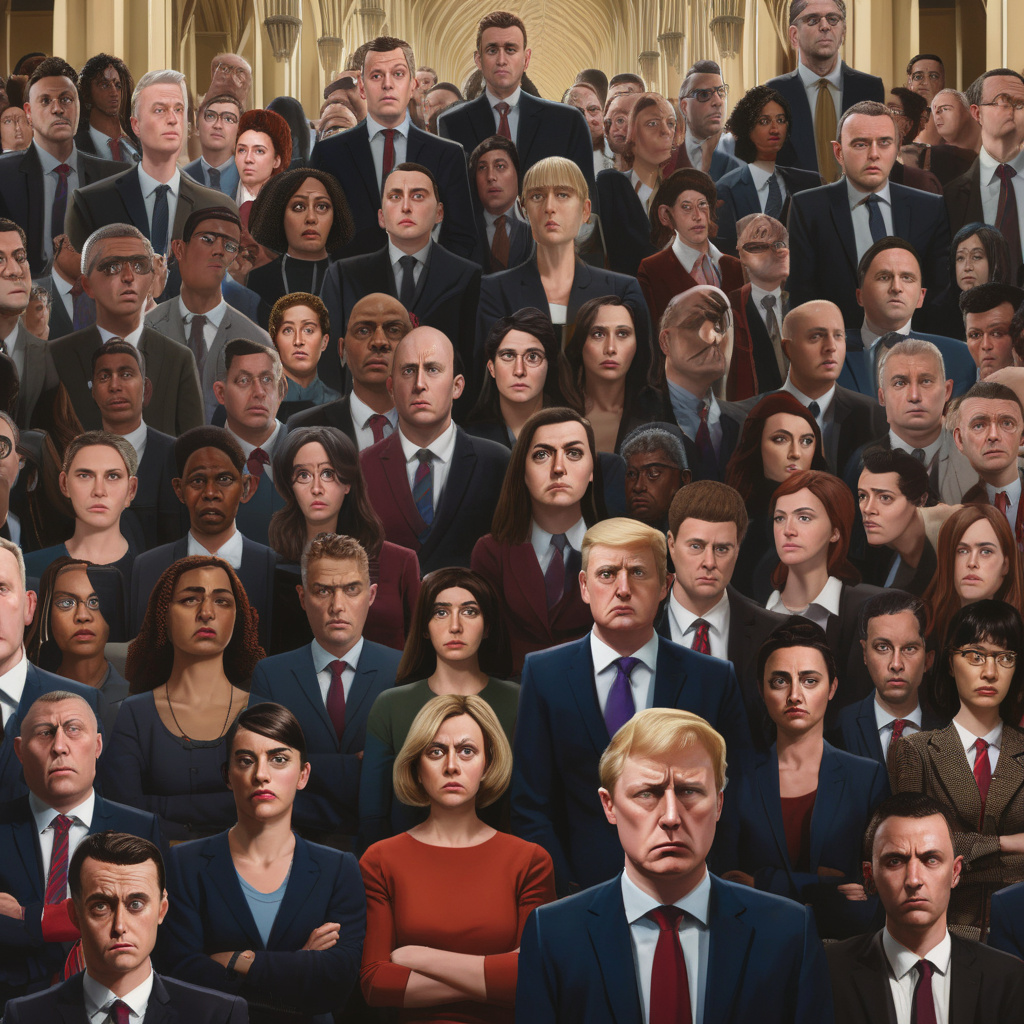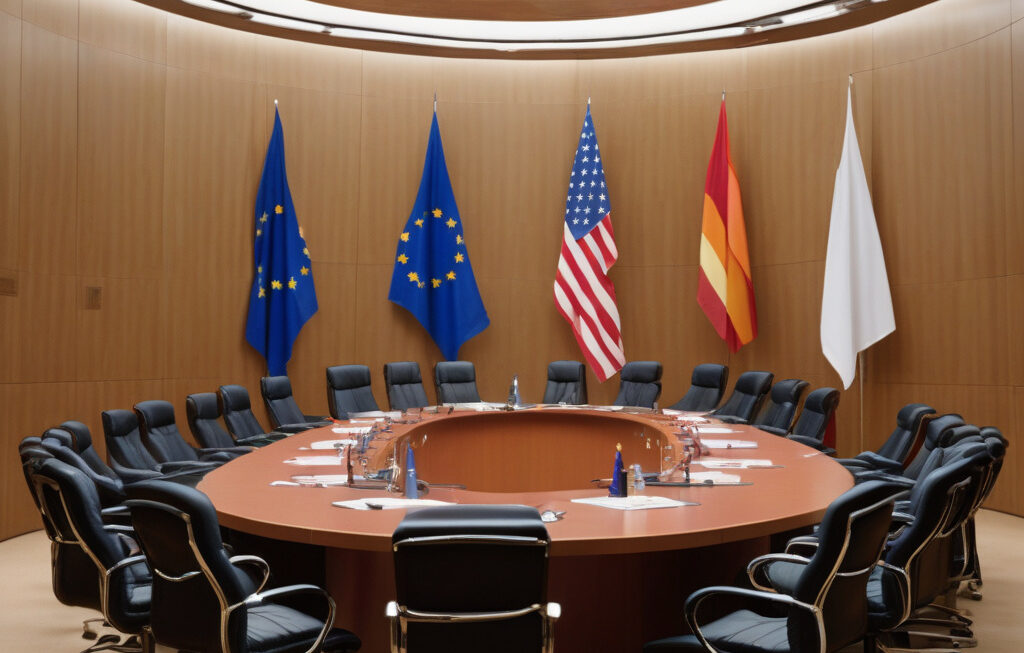UK Government Urged to Outlaw Apps Creating Deepfake Abuse Images
In a world where technology advances at an unprecedented pace, the rise of artificial intelligence has brought both groundbreaking innovations and concerning ethical dilemmas. One such issue that has recently come to the forefront is the proliferation of AI nudification apps, which are being used to create deepfake abuse images. Dame Rachel de Souza, the Children’s Commissioner for England, has issued a stark warning that these apps are putting children at risk and must be outlawed to protect the most vulnerable members of society.
Deepfake technology has evolved rapidly in recent years, allowing users to superimpose faces onto explicit images or videos with alarming realism. While some may view these apps as harmless tools for entertainment or artistic expression, the darker reality is that they are increasingly being misused to create non-consensual and explicit content, particularly targeting children. This malicious use of AI nudification apps not only violates individuals’ privacy and dignity but also poses a significant threat to their safety and well-being.
Dame Rachel de Souza’s call to outlaw apps that facilitate the creation of deepfake abuse images is a crucial step towards safeguarding children from digital exploitation and harm. By criminalizing the use of such apps and holding perpetrators accountable for their actions, the UK government can send a clear message that this form of abuse will not be tolerated in any form.
The impact of deepfake abuse images on victims, especially children, cannot be overstated. Beyond the immediate trauma and distress caused by having their likeness manipulated inappropriately, victims may also face long-term consequences, including reputational damage, psychological harm, and even the risk of being targeted by predators. As such, it is imperative that robust measures are put in place to prevent and combat the spread of deepfake abuse images.
In addition to legal action, raising awareness about the dangers of AI nudification apps and deepfake technology is essential in empowering individuals to protect themselves and their loved ones. Parents, educators, and policymakers must work together to educate young people about online safety, consent, and the potential risks of engaging with such apps. By promoting digital literacy and critical thinking skills, we can help mitigate the impact of deepfake abuse images and prevent future incidents of exploitation.
Furthermore, tech companies and social media platforms have a responsibility to actively monitor and remove deepfake content that violates their policies. By implementing robust content moderation measures and investing in AI tools to detect and flag suspicious activity, online platforms can create safer environments for users and prevent the spread of harmful deepfake material.
In conclusion, the urgent need to outlaw apps creating deepfake abuse images, as highlighted by Dame Rachel de Souza, underscores the critical importance of protecting vulnerable individuals, especially children, in the digital age. By taking decisive action to address this growing threat, the UK government can send a powerful message that the exploitation of individuals through deepfake technology will not be tolerated. It is only through collective efforts, encompassing legal, educational, and technological interventions, that we can effectively combat the insidious impact of deepfake abuse images and uphold the rights and dignity of all individuals in the online realm.
deepfake, AI, online safety, digital literacy, child protection












